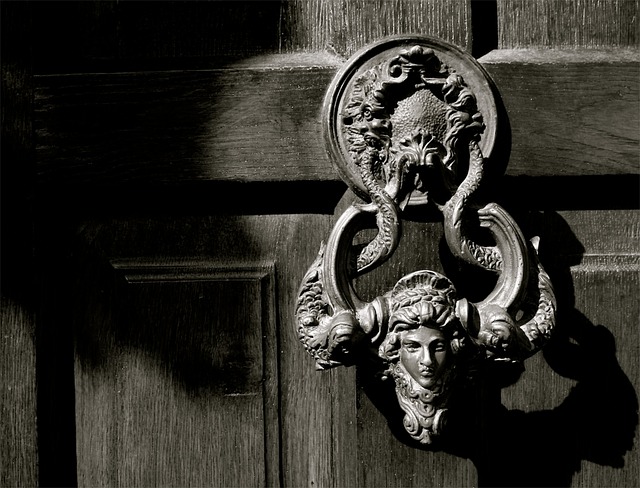Last spring I was quite busy with a project which I didn’t specify. Among other articles, those days I wrote about poetry and ambition. Well, I can now reveal that these two combined to make the Self Versus Self project.
Self Versus Self is the name I’ve given to this latest literary work of mine. It consists of two volumes, one narrative poem (Self Versus) and one novel (Versus Self). Both works essentially narrate the same plot and can be read independently. However, they have been written as complementary to each other.


